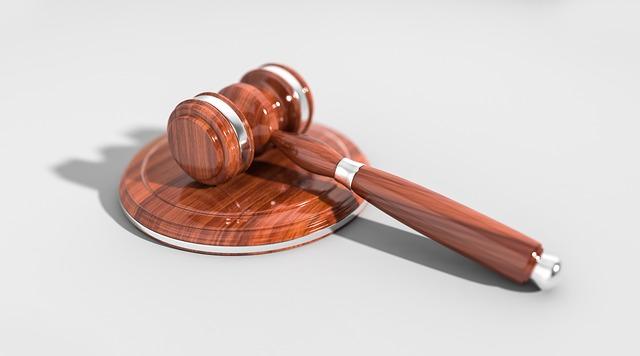According to EU trademark legislation, if you become aware of someone infringing on your trademark rights, you should not wait for too long before taking action. If you wait, you will eventually lose the right to prevent the use of the infringing mark.
More specifically, if you are aware of infringing use, and don’t take measures to stop it, after five years you can no longer enforce your rights against that infringer.
The reason behind this rule is the need for legal certainty and equity. If a company uses a trademark in good faith for a long time with another company knowing it and tolerating it, it would be unfair if the other company could prevent the use of the mark after a very long time. With this knowledge, the user can continue using the brand and make investments in developing it.
As said, the cut of time is five years of knowingly tolerating use. After that, it is no longer possible to prevent the use of the later mark.
What kind of action is required?
So, what measures exactly are needed? The EU court recently held that sending a warning letter (cease and desist letter) is not sufficient. If the other party does not stop use based on your letter, you must bring administrative or legal proceedings against the other party. Mere threatening is not enough, you need to unequivocally express your clear and serious intent to assert your rights, and sending a letter does not cut it. Legal or administrative actions are required.
It has also been decided that if you are prevented from stopping the use of a later mark, you are also prevented from bringing related claims, such as a claim for damages or destruction of the infringing goods.
If you lose the right to enforce your trademarks against a party who has used the mark with your knowledge for more than five years, the loss of rights applies only to that particular party. You can still enforce your rights against all others who infringe your trademark.
What kind of knowledge of the infringement is needed?
Another question is what kind of knowledge is required for the five-year period to start running. As said above, the limitation of your rights only takes place if you have been “aware” of the use of the other mark.
The courts have taken this to mean that you will have to have actual knowledge about the use of the later mark in the relevant country. It has even been held that even if you file an opposition against a trademark application, that is not sufficient to conclude that you have also been aware of the use of the mark. The other party must demonstrate that you have actual knowledge. Filing an opposition against the other mark shows that you protect your rights actively, but is not enough to show that you have actual knowledge of the use of the other mark.
If you send a warning letter to the other party demanding that they stop the use of the mark, that will probably be enough to show that you have actual knowledge of the use of that other mark. If you didn’t, you couldn’t make that demand in the first place.
Remember that the other party must prove that you have actual knowledge of the use of the other mark. This leaves some room for maneuvering on your part. Even if you contact the other party, you might be able to phrase your demands in a way that does not make it easy for the other party to prove that you have actual knowledge of the use of the other mark.
Conclusion
If become aware of someone infringing on your trademark rights, you need to take timely and decisive action. Otherwise, you will eventually lose your right to oppose the use of that later mark that you have tolerated for more than five years.


